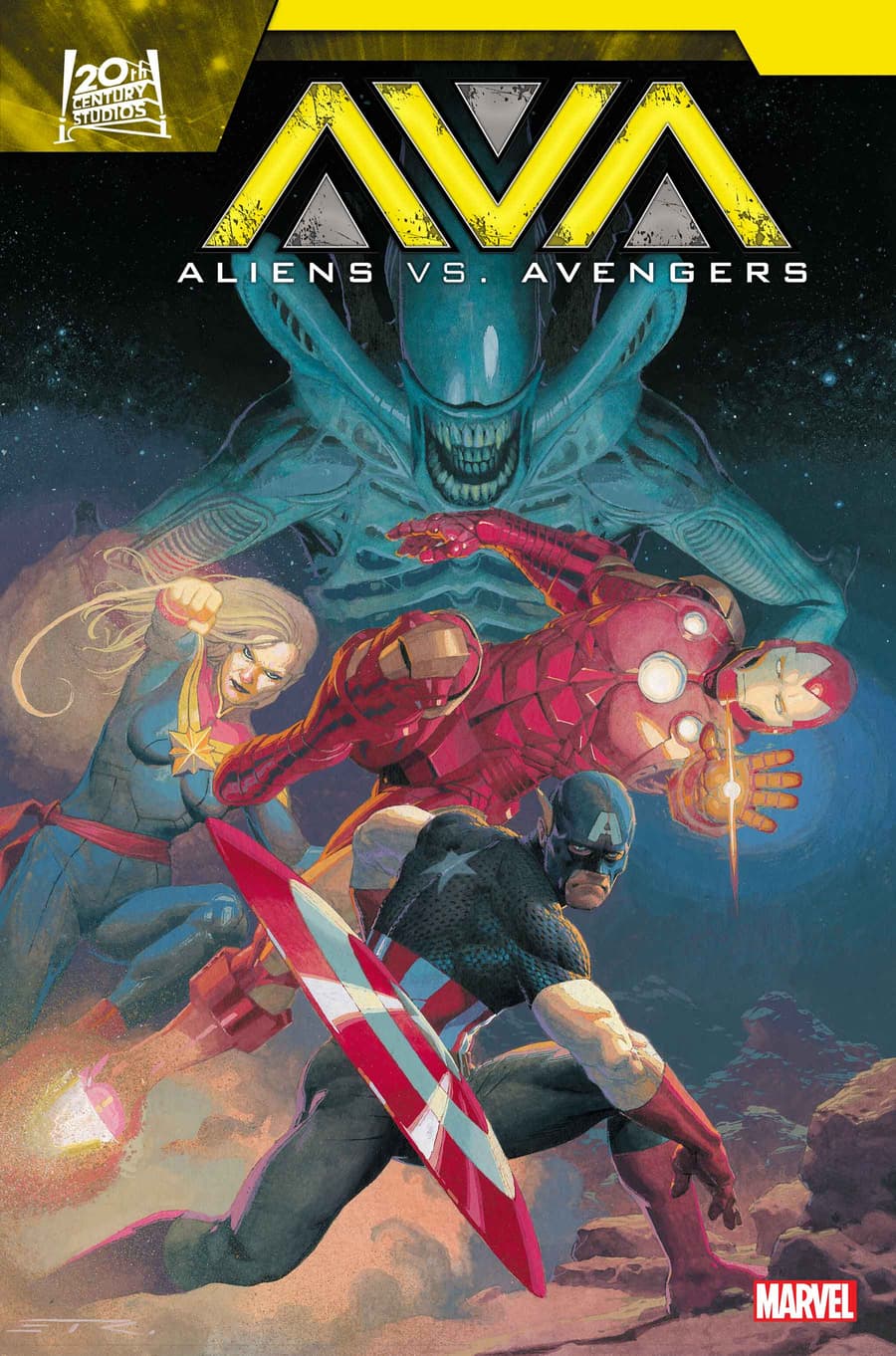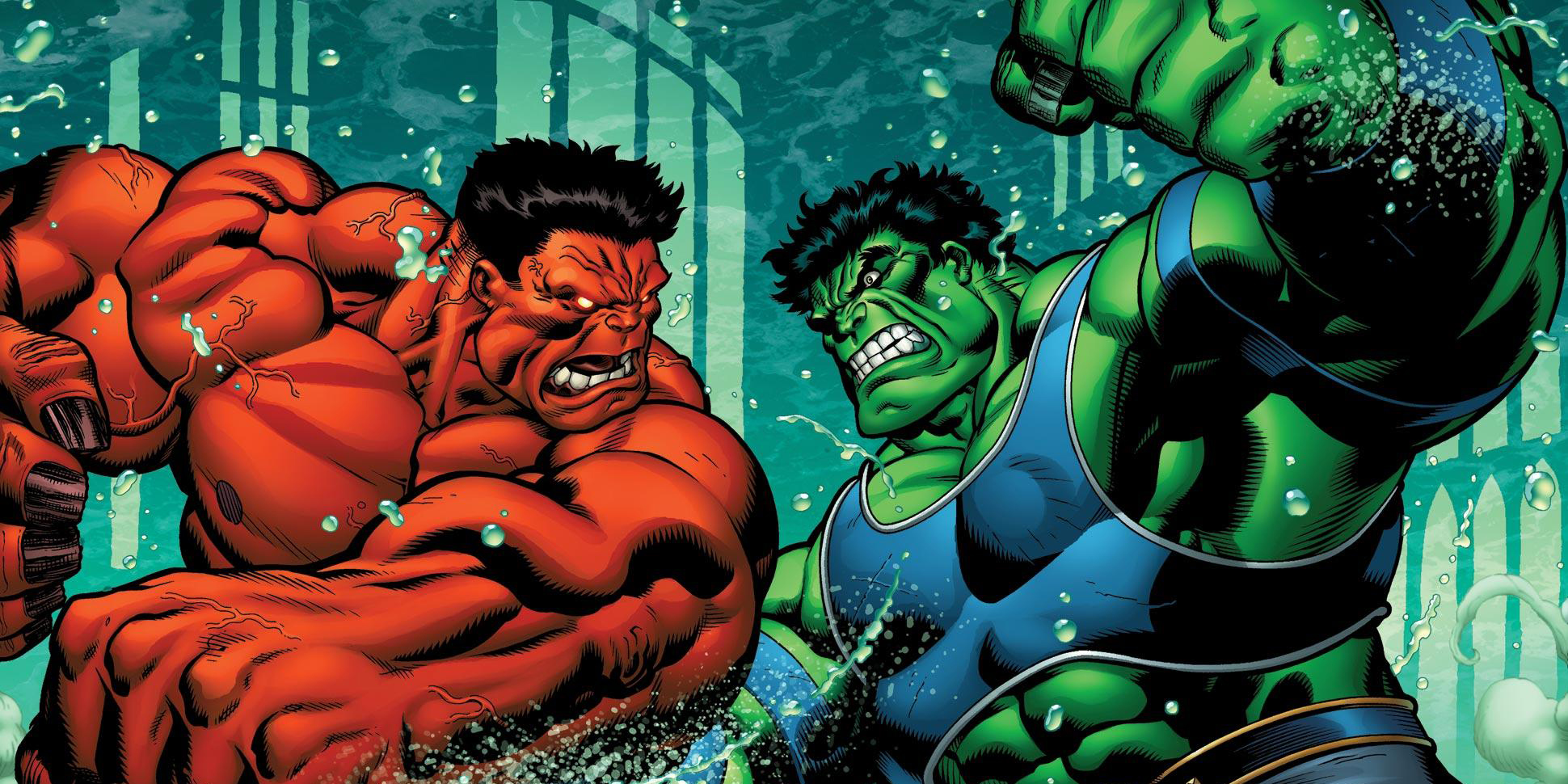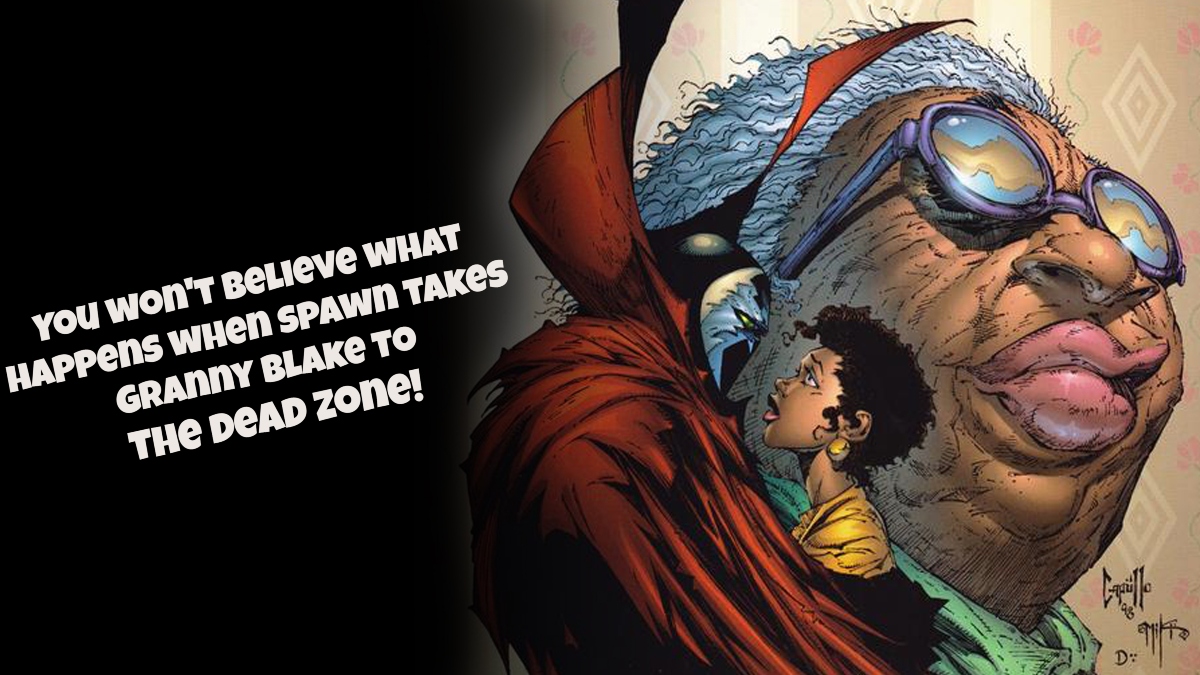
A soldier with post-traumatic stress disorder will go through wild emotional swings after coming home from war. These veterans laid their lives on the line only to be back in the country with little support from society, government, friends and family.
Thank You For Your Service marks the film acting debut for the breakout performance of New Zealand’s Beulah Koale. His portrayal of Solo, a soldier with PTSD and trying to fit back with society, is one of the best supporting performances this year.
The film also stars Miles Teller, Haley Bennett, Amy Schumer and Scott Haze. It is directed by Jason Hall.
LRM had an exclusive interview with Beulah Koale. He told us his unusual prep work that included enlarging photos of dead bodies and sitting in a room with rotting meat. All of this to get in the mindset of a traumatized soldier.
Thank You For Your Service opens in theaters nationwide this Friday.
Read our interview transcript below.
LRM: You had a long press day today.
Beulah Koale: Yeah, man. It’s my first ever press junket. I didn’t know what to expect. I thought it was going to be a lot harder than this. It’s not too bad.
LRM: Oh, really. [Laughs] It’s pretty good experience, right?
Beulah Koale: It’s your first time. It’s always going to be new experience. I told myself that it was going to be really tough.
LRM: Nah. We usually use the same questions. [Laughs] I’ll start with the easy ice breaker question. Why were you attracted to this project?
Beulah Koale: I was attracted to this project, because it was a DreamWorks film. I’m just a kid from New Zealand. And they found me all the way in New Zealand. They auditioned 1,500 people to find the right guy to play Solo and they found me down in New Zealand. I met with Jason Hall and found out he wrote American Sniper. I loved that movie and remembered watching the first time with my girlfriend back home. I said, “Holy crap! This is my kind of film. I wished that I could do that.” Not knowing that a couple of years later, I would be working with the guy who wrote the film.
Now you also have Miles Teller. I loved all the movies that Miles had been doing.
They would be looking at my audition tapes. After going through the audition process and reading the script, I realized that this is a film that could really challenge me as an actor. If it ain’t challenging you, then you probably shouldn’t do it. I want to grow out as much as I can. For each job, I’ve been giving myself challenges to be pushed. This script is very confronting and asks [a lot of] the artists involved in the film.
I was ready to do that. I earned the trust of Jason Hall. I told him that I’m going to open the door and let out these demons. I asked him to look after me and he did.
LRM: Aren’t you kind of nervous that you were portraying a real person?
Beulah Koale: Yeah, I was nervous. I do come from a sports background. I love working under pressure. It’s really awesome for me, because it’s something I thrive off of. I took that pressure off of me right away. I knew that I wasn’t going to be exactly like Solo. It’s not exactly everything that happened in his life. It’s probably eighty percent of Solo’s stories mixed in with other characters from the book. We couldn’t put everyone into the film. The film wouldn’t had work with that dynamic.
I mixed my own stuff that was going on in my own life. I mixed that with Solo. And then I mixed that with a bunch of research on PTSD, the military, concussions and trauma. Then put it all together into one big product. I just made it to what people will see it on screen.
LRM: It sounds like you did do some background research on PTSD. Tell me about the research you did and on how you wanted to approach it for the movie.
Beulah Koale: I read a whole bunch of books. I watched a lot of documentaries on the military for the Iraq War, Vietnam War and Cold War. Not only the American military, but also with all the different countries. I read a lot of articles on PTSD about what these victims are going through. I also met with a bunch of therapists to talk about them.
I obviously read the book Thank You For Your Service. Talked to Solo. Talked to Jason. Even talked to the other real guys in the film.
From there, I made up processes for myself. I had to do this since I came from a country where we didn’t have a lot of military. Not everyone knows someone in the military.
I needed to make up these imaginary images in my head. I had to blow up these pictures of dead bodies. I’ve downloaded a few pictures and Jason sent me some pictures. They are some pretty graphic images. I blackout my room and play music to get these images flashing in my head.
I just had to brainwash myself. I even had rotten meat laying in front of me that had been rotting for a couple of weeks. It’s the thing that Jason and Solo told me to get that smell of dead bodies out there in war. It becomes the norm. It does something to you when you come back home. I needed that as a trigger. I set that up for myself.
On set, I had a bucket of rotten meat.
LRM: Really?
Beulah Koale: There are certain scenes that required to have what I had created. When I smell rotten meat, it sets off the trigger inside of me. Everything just comes to me. I just want to punch the hell out of everything. It makes me so angry. There are flashes of images of dead bodies.
It’s about Jason trying to control me and have it all set in my [head]. That’s what people will see.
LRM: Wow. That would just give me PTSD.
Beulah Koale: It really did. It messed me up for a couple of months after we shot the film. It was [in pretty poor shape] during the film. I was willing to do anything I could to honor my boys and brothers out there.
LRM: Since you did meet the real Solo, how different was the real person to the character?
Beulah Koale: When I met Solo, he was completely different from who I portrayed in the film. He has gone passed all of that. In the film, that was Solo. It was him. It was at his worst. He’s not that guy anymore.
When he watched the film, he told me, “Dude. I watched myself. It’s so crazy watching myself. You’ve done things exactly on how I did it. How did you do that?” We’re locked in. We tapped into each other. I did whatever I felt that was truthful.
Solo now is a completely different guy. He got a job now. He can provide for his kids. Back then, he was just sitting on the couch and playing games. He was feeling sorry for himself. He’s not that guy anymore. He has purpose to life. He wants to get out there to help as many soldiers and vets as he can. He wants to help them with their issues.
LRM: Wow. That’s great. What was the most difficult challenge in this project for you?
Beulah Koale: The most difficult challenge for me was to open up my demons and allowing everyone to see that on screen. Not mention to mix it with Solo’s demons. To handle it as a person, I couldn’t just go home and wash it all away. I had to pick it up the next morning to put it back on. I had to sit in this crap for however long I needed to shoot.
It did mess me up after I was done shooting. I couldn’t just wash it all away. Everyone has a bit inside of themselves that they didn’t want to touch. It’s just too scary to go there. I told myself that I’m just going to let it open for a couple of months and see what happens.
I watched the film. I am proud of what I did. Those are the results and the film is amazing. I’m happy that I did that. I would do anything to honor my boys right and anybody who did serve.
LRM: Was it difficult to watch yourself in the film?
Beulah Koale: Nah, man. I’m pretty good with that. I’m looking for truth in any type of performance. I’m watching the eyes. And with this film shot so close, all you can see are the eyes. I’m looking for to see if I’m lying here or am I telling the truth? In my performances, almost all of it I can tell that I was telling the truth. I was pretty happy with that.
LRM: Obviously, you worked with Miles a lot on this production. How was that? He’s a big star here in the United States.
Beulah Koale: Miles is definitely a big star in the States. If you get to know Miles–you’ll know he’s just another dude. He’s a genuine guy. He’s not trying to be Hollywood. He’s not trying to be this. He’s just a guy.
If you see the type of buddies he hangs out with, they’re real good guys. He goes home back to his girl and he’s just a normal dude. The rest of the world sees him like something else, but when you get in his circle to know him—you wouldn’t look at him like that anymore.
He looked out for me on this shoot. He knew it was my first film. He was always asking me if I was okay. I was always giving me tips. When we have days off, we would go off quail hunting. We would always do cool stuff. Sometimes we would go to the shooting range.
That chemistry everyone sees in the film is real brotherhood. We are brothers. We will be brothers for life.
LRM: Let me start wrapping things up. I understand this is your first film. Are there future projects ahead for you?
Beulah Koale: I’m currently working on a television show called Hawaii Five-O. I would love in the future to make more films. I want to be diverse as I can with the type of projects I can do. I know I can do anything. Jason Hall gave me the opportunity and he believed in me. I want to do everything I can to give what they need. I want to go out there and make a whole bunch of films. I want to show Hollywood that this kid from New Zealand will be the guy you can rely on to tell a story and with authentic truth.
LRM: So you would definitely play a role like this again?
Beulah Koale: I would definitely play a whole bunch of different roles as long as it’s good. I thrive in this kind of stuff. Like I said before in the beginning, it’s the challenges. It takes me as a human. So if you get you to the end and you come out fine, it will grow the person in you and change your mindset.
LRM: Perfect. One quick last question, after doing this movie—how do you feel about veterans today?
Beulah Koale: I have so much respect for veterans. Anyone who goes out there to put their life on the line for your country—they should be honored and respected. Any society, country and the world should honor their veterans a little bit more. Just show them a little more respect. Some substance needs to be changed to make sure we are looking after our people. They go after the bad guys and we need to make sure we look after our good guys when they come back home. This way they can get back to their families, husbands, wives, sons and daughters. It’s about letting them living the lives that they fought for.
LRM: Thank you very much.
Beulah Koale: Thank you.
Thank You For Your Service will be playing nationwide in theaters this Friday.
Source: LRM Exclusive

 FOR FANBOYS, BY FANBOYS
Have you checked out LRM Online’s official podcasts and videos on The Genreverse Podcast Network? Available on YouTube and all your favorite podcast apps, This multimedia empire includes The Daily CoG, Breaking Geek Radio: The Podcast, GeekScholars Movie News, Anime-Versal Review Podcast, and our Star Wars dedicated podcast The Cantina. Check it out by listening on all your favorite podcast apps, or watching on YouTube!
Subscribe on: Apple Podcasts | Spotify | SoundCloud | Stitcher | Google Play
FOR FANBOYS, BY FANBOYS
Have you checked out LRM Online’s official podcasts and videos on The Genreverse Podcast Network? Available on YouTube and all your favorite podcast apps, This multimedia empire includes The Daily CoG, Breaking Geek Radio: The Podcast, GeekScholars Movie News, Anime-Versal Review Podcast, and our Star Wars dedicated podcast The Cantina. Check it out by listening on all your favorite podcast apps, or watching on YouTube!
Subscribe on: Apple Podcasts | Spotify | SoundCloud | Stitcher | Google Play



